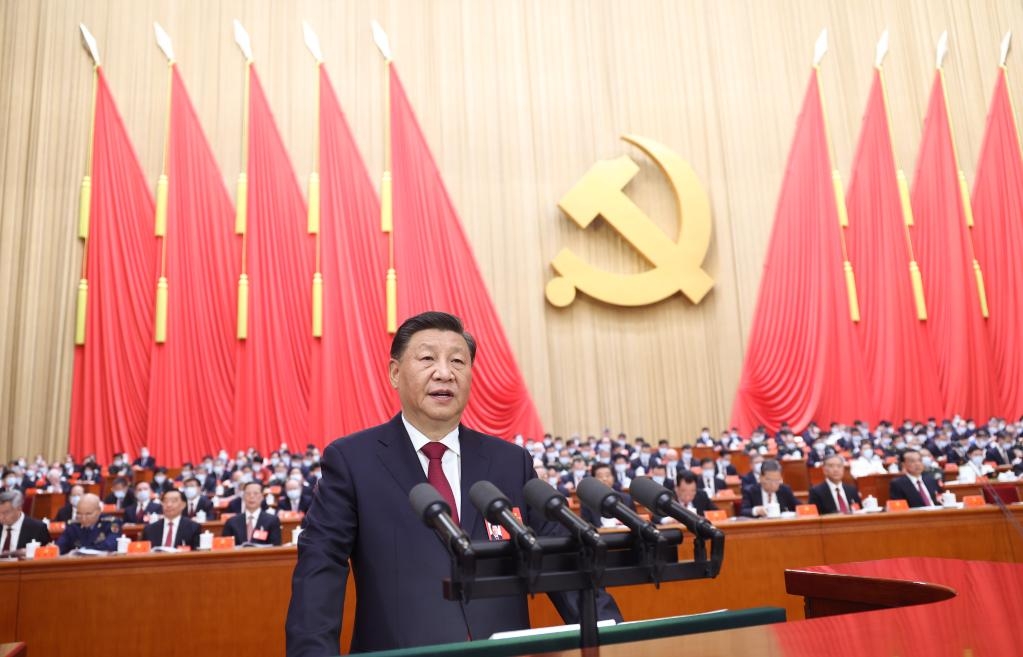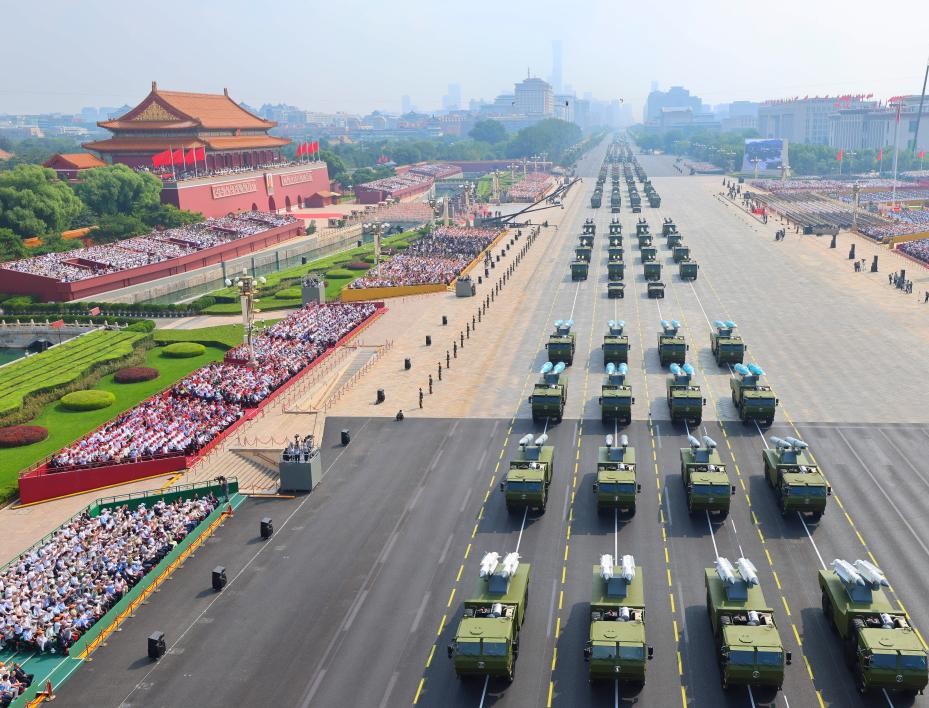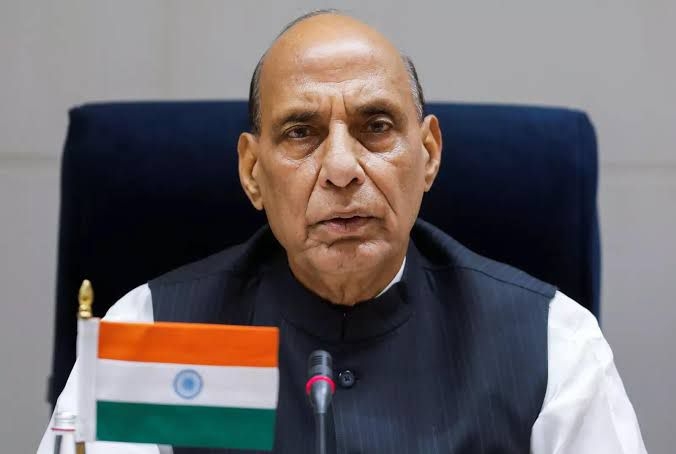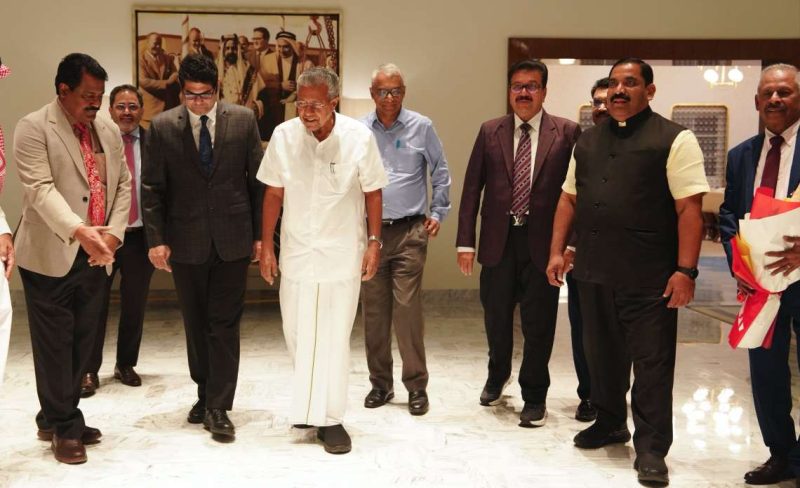Tibetan, Uyghur and Korean-language teaching is also being phased out of schools in ethnic minority areas..reports Asian Lite News
Xi Jinping’s third term in office as Chinese Communist Party supreme leader will likely mean more suffering for ethnic minority groups in China, exiled activists warned in recent forums and interviews, the media reported.
Xi’s regime, which is already engaged in a programme of mass incarceration of Uyghurs and mass surveillance and police controls in Xinjiang and Tibet, will continue to pose a grave threat to minority groups, exiled Uyghur rights activist and businesswoman Rebiya Kadeer told a recent forum in Taiwan, RFA reported.
If the international community does not try to resolve the issue of Uyghurs, Tibetan and other ethnic minority groups, “Chinese atrocities” could have a global impact, Kadeer told the forum analyzing the global threat posed by the Chinese Communist Party under Xi, who removed presidential term limits in 2018, and could now rule indefinitely, RFA reported.
She said in a recorded message to the forum that “the most dangerous time” was right now, and called on “ethnic minorities oppressed by the Communist Party” to unite to resist it.
Unlike previous versions, Xi’s political report to the opening session of the 20th National Congress on October 16 made no mention of “regional autonomy for ethnic minorities,” a phrase that had appeared in his reports to the 18th and 19th party congresses.
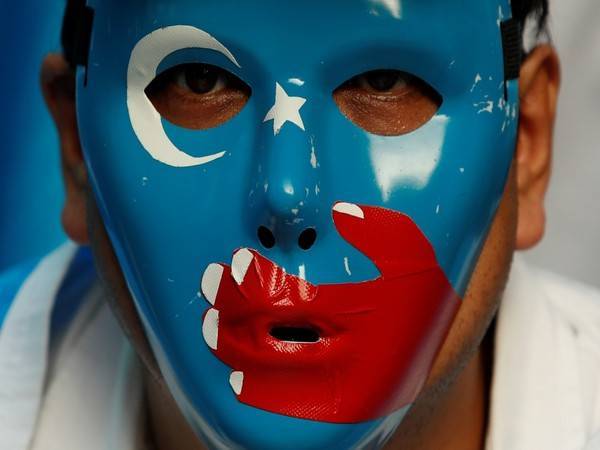
Before Xi took power, the Chinese government was criticised for widespread rights violations in the Xinjiang Uyghur Autonomous Region and the Tibetan Autonomous Region but still paid lip service to the notion of autonomy, and allowed the use of the Tibetan and Uyghur languages to teach children in schools, along with a limited degree of religious activity.
Kelsang Gyaltsen, who represents the Tibetan government-in-exile on the democratic island of Taiwan, said Xi was at least still talking about “accelerating the development of ethnic minority regions” back in 2012, as well as “equality, solidarity, mutual assistance and harmony”.
By 2017, he had added the phrase “forging a national consciousness” and “the sinicization of religion,” two policies that were to give rise to a nationwide crackdown on Muslims, Christians and Tibetan Buddhists, as well as a ban on minority languages as a teaching medium in schools, RFA reported.
The ban on Mongolian prompted street protests and class boycotts by students and parents across the Inner Mongolia Autonomous Region, which borders the independent country of Mongolia, prompting a region-wide crackdown by riot squads and state security police in the fall of 2020.
Tibetan, Uyghur and Korean-language teaching is also being phased out of schools in ethnic minority areas, local parents and teachers have told RFA.


